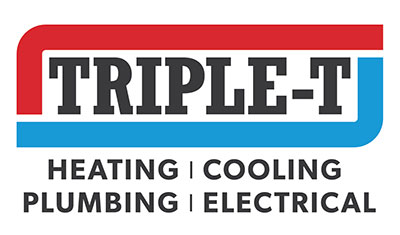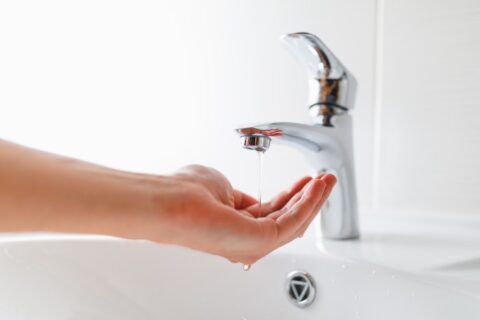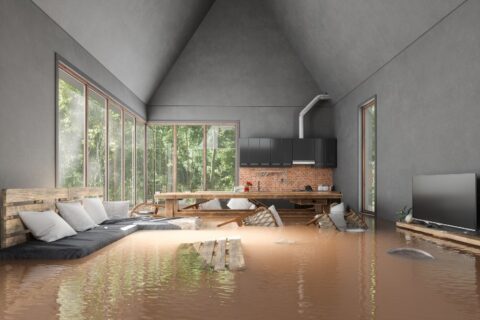A Look at How Tankless Water Heaters Work
In any modern society, hot water isn’t a luxury; it’s a requirement. Unfortunately, the water heater is the largest energy consumer in the average household next to heating and cooling systems. That’s why so many plumbers are installing tankless water heaters these days. Thanks to a sophisticated heating element that heats water on command, tankless water heaters are much more energy efficient than conventional storage tank units. How much more efficient? Some estimate that a new tankless water heater can shave as much as 20 percent from your monthly water heating bills. If you are considering making the switch, read about how they work below and then contact your plumber.
Heat Exchanger Unlike traditional storage tank water heaters, tankless water heaters heat incoming water only as needed. This “on-demand” water heating helps eliminate standby heat loss, which makes tankless water heaters incredibly more energy-efficient than storage tank units. In order to heat the water when you need it, tankless water heaters contain a powerful heat exchanger, which is simply a device that transfers heat from one source to another. In most tankless water heaters, the heat is typically produced by either electric coils or gas-fired burners.
Point of Use vs. Whole House Heaters Tankless water heaters come in two varieties: point-of-use (POU) and whole-house heaters. POU systems are smaller and only heat water for one or two outlets. Because of its small size, a POU tankless water heater can be installed closer to your water outlet so you avoid heat loss due to lag time. Whole-house systems are larger and more expensive, but they can operate more than one outlet at a time, so someone can take a hot shower while running the washing machine and the dishwasher at the same time.
If you have questions about the pros and cons of tankless water heaters, contact your plumber today. Your plumber will be able to give you more information about the cost to purchase and install a tankless water system compared to the annual energy savings you can expect in return.


